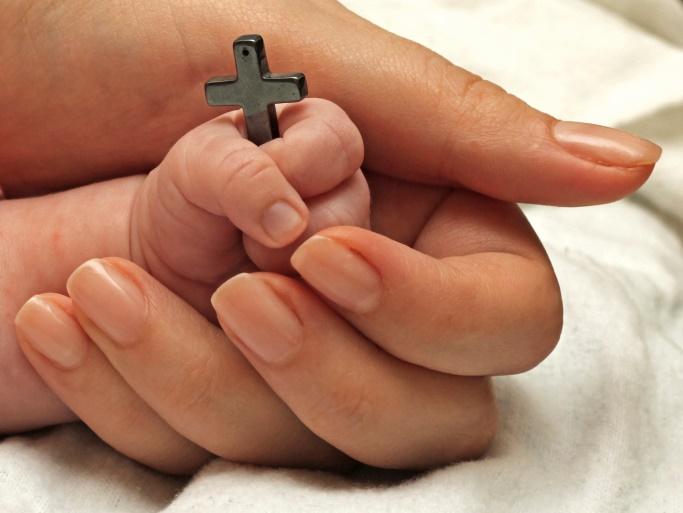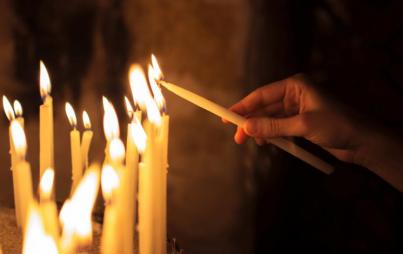
Credit: ThinkStock
The role of religion in the pro-life/pro-choice debate does not always operate within a binary.
While the tenets of faith—compassion, humility, submission—are abstract and unquantifiable, the buildings that house these teachings and churches are ultimately businesses. They have a staff, they have overhead, they have expenses.
Sometimes, to preserve gains, churches end up engaged in activities that are counter not only to the morality of their faith, but to secular ethics and sometimes even the law. The trinity rears it head once again!
Ex-members of the Grace Cathedral congregation have claimed televangelist Ernest Angley coerced church members into having vasectomies and abortions—with one member partaking in four unwanted abortions at his behest. Why? To keep overhead down—to keep church members focused on serving the church (and by extension, him).
Oh. Angley (who bar none, has the best toupee in the business) has also been accused of abusing the young boys in his congregation. In the wake of this we're left to consider the importance of access to one’s congregation, whether it be emotional or sexual, both in regards to Angley, and in turn, other prolific religious figures.
I mean, in this respect the Catholic Church is spoken for, but a preoccupation with controlling the influx (or lack thereof) of new members of your team is, tragically, not limited to Christianity.
Do tell. 
The Sea Org—the private navy of the Church of Scientology—has pressured its members to have abortions since the 80s. They introduced a policy in 1996 that outright expelled any members of the organization who intended to carry their child to term and raise them. Children, and those who would put the attention and loyalty of their children before the organization, would not be tolerated.
Shoreside, the Church of Scientology proper likes kids a lot. A lot. Well, maybe not “a lot a lot”: Our cultural focus on “brainwashed” celebrities like Tom Cruise and Giovanni Ribisi has in a way obfuscated a lot of the church’s inner workings, which include a labor camp for children, recently exposed in a tell-all memoir from a (supposed) former child-toiler.
Through litigious defense of their reputation and a retinue of spokespeople who jump on couches, the CoS has been able to meticulously manage their access to the most private aspects of their congregation’s lives.
Families can divide a church. When the needs of your children do not intersect with the wishes of your spiritual leader, or church doctrine, parents are put in the precarious position of choosing between ostracization (which is devastating, especially for people trying to raise a child with a moral compass) and conceding that they, ultimately, don’t know (or care) what’s best for their children.
Children who come out or have needed life-saving medical intervention have been enough to sway parents away from the hardline stances of their churches. This challenges the cohesion of the congregation in the face of an “impure world” and is, ultimately, bad for business. A parent who stays home to care for their child, or who leaves altogether, is one less donor. One less dish at the potluck. One less person to back you up when you try talking a member of your congregation into their fourth unwanted abortion.
Churches have made a concerted effort in the last 20-30 years to associate themselves with “family,” to incorporate the word, and all it elicits, with their brand.
But church and family are not always, as it were, a “match made in heaven.” Not when the freedom to have (and raise) children is at odds with your pastor’s unfettered access to the lives and bodies of his congregation.
How many children you have, and how you raise them, is between you and, if your bread is buttered that way, God. It is no pastor’s business.






